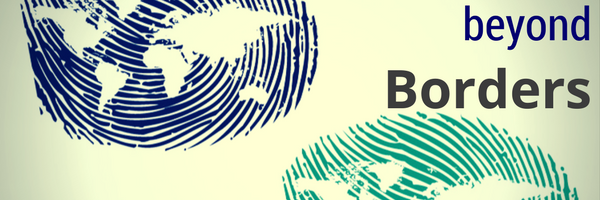
|
|
|
|
Global Leadership at Its Best “Show me what you’re made of” Paradox: American culture is about doing, accomplishing, getting results, but American culture is much more forgiving of mistakes. In the end, it’s about what you’re made of and what you’ve made of yourself, what you are, not who you are…as in your family and background. This ideal stems from a deeply rooted American value: Equality and the idea of a “fresh start.” “Today is the first day of the rest of your life.” but “What have you done lately?” How might this type of paradoxical thinking affect you when on a global assignment? Let’s say you are in a culture where “who you are” prevails over “what you are?” How might you attempt to shift your thinking and reactions to those around you? Reverse the thought and see what insights you come up with.
Thriving in Foreign Cultures Maintaining Identity Do not answer these questions! Instead, think about how you dress or act in your home country that lets people know the answers to them non-verbally. In your home country, how do you show people, non-verbally…: what part/region of your country you are from? _________________________________ what education/degree(s) you have? _________________________________________ what social class you are in? _______________________________________________ what your political beliefs are? ______________________________________________ what your religion is? _____________________________________________________ whether you are artistic/creative? ____________________________________________ whether you are athletic? __________________________________________________ whether you are married? __________________________________________________ how important your career is? _____________________________________________ how much money you earn? ______________________________________________ whether or not you are interested in getting to know romantic partners? _____________ ______________________________________________________________________ Compare some of your non-verbal responses to those of the culture or work environment you are in. How are they different or similar? Building an awareness of non-verbal communication is a step in the right direction to decoding communication and its meaning.

Beyond Borders Common Executive Challenges across the Globe Below you will find the most common challenges leaders face when managing internationally:
Top leaders realize that in order to manage relationships and deal effectively with politics, they themselves must be aware of their Global Leadership Persona™, they must constantly adjust and improve themselves in order to gain buy-in from those around them in the organization, those outside their organization, their customers and even their competition. No matter where in the world you are leading, building an awareness of the common challenges executives face allows you to handle them effectively while adjusting your Global Leadership Persona™ effectively. So how do you do this? How do you keep up with these core challenges? The paradox that most executives who have been successful in their home setting usually experience is that they most likely believe that they are already culturally adept. They often find it difficult to accept that their approaches to doing things are not universal, nor even optimal in other cultures. If they hit a roadblock, they may find it uncomfortable to adjust because they have become so accustomed on relying on the techniques that have served them well for so long. The most important change such leaders can make is to build their internal awareness of their mindsets and how those mindsets affect their behaviors. A tip:
With this mindset and attitude, you will be able to navigate effectively across any kind of cultural difference with ease and respect from those around you. You will transcend national, regional, ethnic, generational, religious or organizational boundaries and those you must lead will favor and respect you for it. Your career will soar with an open mindset and you will be able to transfer your skills from China to England, from Australia to Canada, from the USA to Brazil with ease and confidence, no matter where in the world you find yourself. |

|


